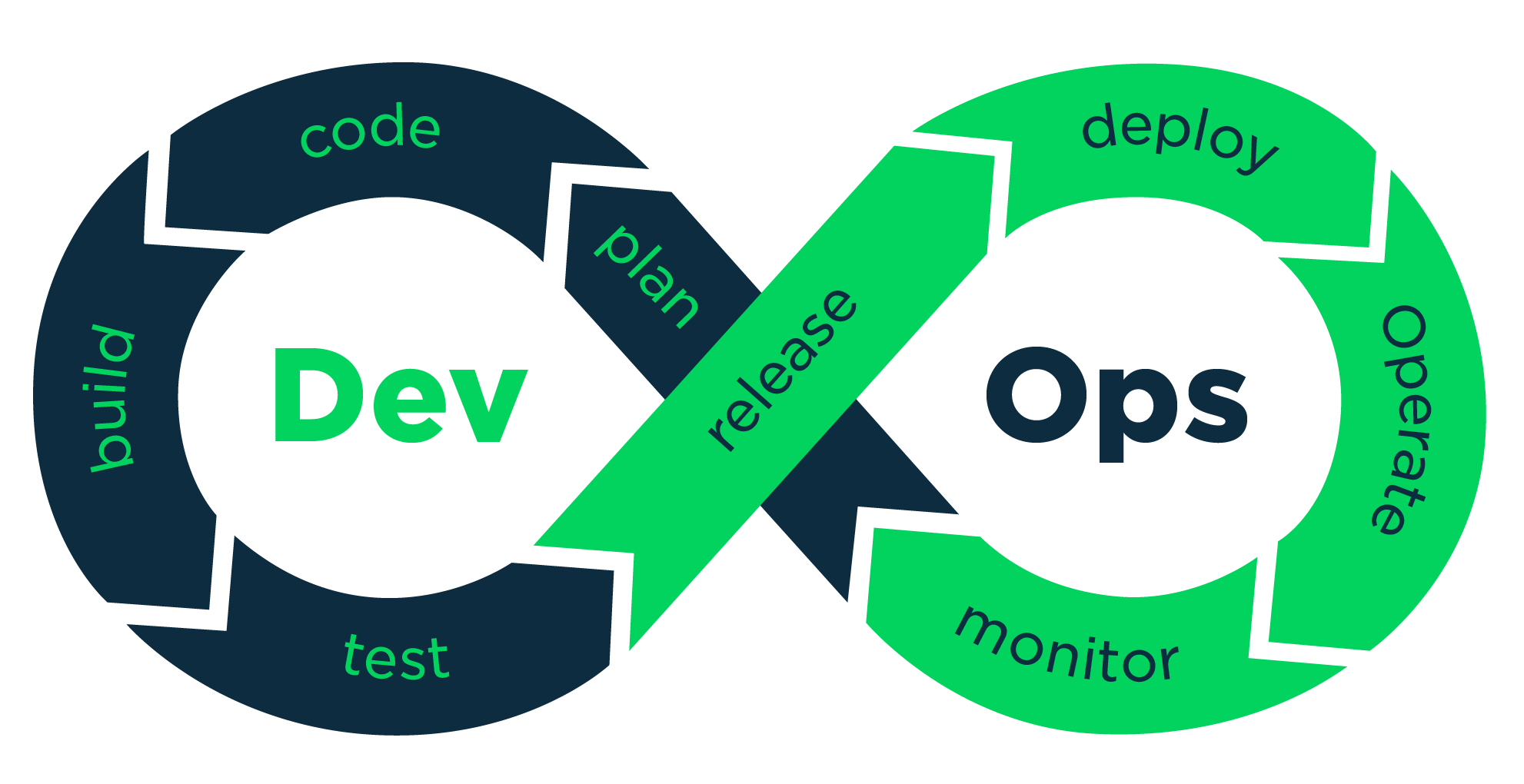DevOps Paradigm: Where Collaboration is the Key!

Audio : Listen to This Blog.
The growing popularity of DevOps as a strategy decision calls for an inside look at this practice. While DevOps has become a buzzword in the IT space, it comes with its own set of myths that need to be demystified. To put it short and straight, DevOps is an inclusive approach between the two most important teams in the IT industry: software development and IT operations. Let’s understand this further.
According to Wikipedia:
DevOps (a portmanteau of development and operations) is a software development method that stresses communication, collaboration and integration between software developers and Information Technology(IT) professionals. DevOps is a response to the interdependence of software development and IT operations. It aims to help an organization rapidly produce software products and services.

DevOps aims at breaking the silos to bring some cohesiveness between Development and Operations. But the question is why is this balance needed?
Well, in business, the answer pretty much boils down to efficiency. To adopt DevOps as a common practice merits a strong value-addition that it brings to the table. DevOps sits between two important workflows and exposes the gaps so that CIOs can understand the bigger picture.
We all know that the entire Software Development Lifecycle comes with a set of elaborate procedures. A lot of time goes waste trying to get to and fro between Development and Operations teams. By following the agile methodology of DevOps, the organization can build in a process driven by a set of guidelines that puts the onus on everyone. Because it makes everyone accountable, DevOps leads to efficiency and a much better outcome.
Myth No. 1: DevOps is a ready solution
No. DevOps is not a tailored solution to your problems. It is a philosophy – a set of guidelines – that allow Development and Operations teams to work in a collaborative culture. It is a process that works around a continuous feedback loop so that solutions are delivered pretty much in real-time, without causing time spillovers.
Myth No. 2: DevOps is automation
DevOps does involve making use of tools that automate the processes. However, it not just looks at automating IT processes, but also streamlining people processes. People drive every system and bringing a degree of seamless interaction between this segment is also an important underlying aspect of a successful DevOps strategy.
Myth No: 3: DevOps is the new engineering skill
Not really. A DevOps guy has walked in the Developer’s shoes and understands the problems on the Operations sides. Getting the perspective on both sides is definitely a skill, which can’t be learnt from textbooks. DevOps might look like the next big thing in IT but it is equally a demanding space to be in because if you must fail, you need to fail fast and rectify yourself in time so that continuous delivery is not hampered.
At the heart of DevOps lies a collaborative, cross-functional environment that is driven by people. The organization needs to adopt this cultural shift to bring in a transformation change.
Business Advantage
- Saves time
- Saves tons of money which is the biggest value addition
- Saves employee man hours, which results in better resource utilization
In short, we are talking about the ROI. By following DevOps organizations are opening doors to a higher Return on Investment. DevOps enables Development and Operations teams to focus on their competencies. It avoids pitfalls that can be caused by the lack of timely communication between these two important functions. It works on the principles of keeping the system flow uninterrupted and optimizing workflow at all times.
Why organizations should adopt DevOps
- Accelerate time to market
- Produce better and stable solutions
- Reuse existing resources in a better way
- Enhanced ROI
Finding the right alignment between Development and Operations can be a real challenge and that’s what DevOps addresses. By integrating people, product and processes, DevOps can deliver continuous value to the customer. It is a philosophy that needs to be embraced, not imposed. Keep it simple!
What’s next?
While adoption of DevOps is gaining momentum, we are already looking at NoOps and Serverless Computing. To be continued…
